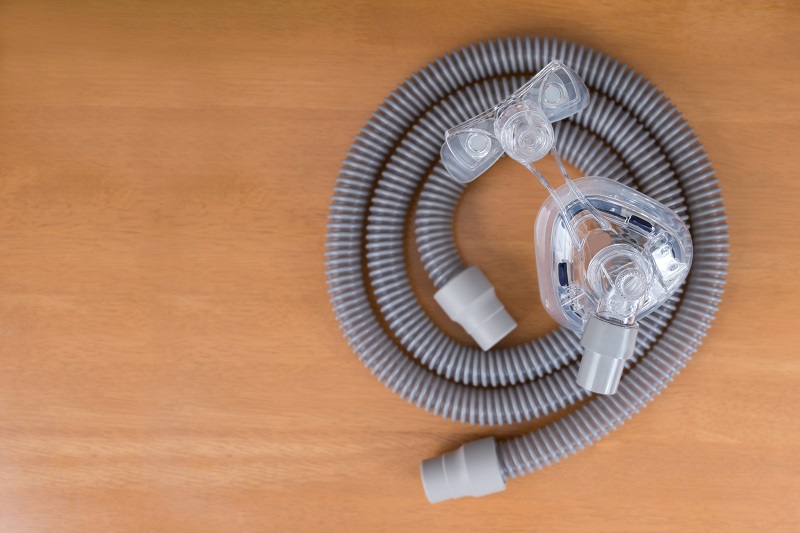Which Side Should You Sleep On? Tips from a Cardiologist

August 21, 2024
If you toss and turn, you may be looking for a comfortable sleep position. There may be benefits to sleeping on your side, but does it matter which side?
Some research suggests that sleeping on one side may be better for certain reasons. But it’s more important to focus on getting enough rest, rather than your position.
“We may think we are side-sleepers or favor one side over another because we start our nights in our favorite position,” says Renato Apolito, M.D., medical director of the cardiac catheterization laboratory at Jersey Shore University Medical Center. “But as we sleep, we likely shift positions and move often.”
Why Your Sleep Position May Matter
Whether or not side sleeping is best, it’s better than other positions. Lying on your stomach may lead to back pain or other complications.
“Stomach sleeping is universally considered the least healthy way to sleep,” Dr. Apolito says. “It will obstruct your airway, or windpipe, leading to [sleep] apnea. And it is not a healthy position for the neck [or] spine.”
Sleeping on your back may be fine, but side sleeping may be better. Consider the effects that side sleeping may have on these conditions:
Heart Health
Because of gravity, left-side sleeping may slightly shift the heart’s position in the chest. This may cause slight positive changes measurable by echocardiogram, but more research is needed.
People move around in their sleep, so sleep positioning is hard to study. Studies that examine sleep positioning are observational, which don’t prove cause and effect.
“We spend time in many different positions,” Dr. Apolito says. “I am not convinced one side is superior for cardiac health.”
Heartburn
Many people who experience heartburn sleep on their right side, hoping to ease symptoms. The thinking is that the position elevates the stomach, which may encourage it to empty.
“The stomach and intestines are muscular and move food via waves of contraction, making the benefit of sleep position marginal for digestion,” Dr. Apolito says. “But I suppose a little help from gravity never hurts.”
Researchers haven’t confirmed that right-side sleeping improves reflux, but it’s harmless to try.
Sleep Apnea
People with this sleep disorder stop breathing multiple times each night. The condition increases your risk of heart disease.
“With repeated cycles of apnea, where the afflicted stop breathing, [it] leads to interruption of deep (or REM) sleep,” Dr. Apolito says. “[That] results in increased sympathetic tone (stress hormones and adrenaline).”
Doctors prescribe continuous positive airway pressure (CPAP) machines to treat sleep apnea. Your sleep position may also have an impact on the condition.
“Sleeping on your side may help milder cases by improving the way mouth and throat tissues lay during REM sleep, leading to larger airway or breathing space,” Dr. Apolito says.
Helpful Tips for Better Sleep
Most Americans don’t sleep the recommended 7 to 9 hours each night. Instead of focusing on which side you sleep on, prioritize your rest in these ways:
- Stick to a consistent sleep schedule. Wake up and go to bed at roughly the same times, counting weekends. Your circadian rhythm—your daily internal clock—needs consistency.
- Practice good sleep hygiene. As bedtime approaches, dim the lights and put away smartphones and other screens. Consider taking a warm shower, and keep your bedroom cool and quiet.
- Give your body and brain daily workouts. Exercise daily, and do things to stimulate your mind, like reading or crossword puzzles. These habits should make it easier for you to fall asleep at night.
Next Steps & Resources:
Meet our source: Renato Apolito, M.D.
To make an appointment with Dr. Apolito or a doctor near you, call 800-822-8905 or visit our website.
The material provided through HealthU is intended to be used as general information only and should not replace the advice of your physician. Always consult your physician for individual care.






